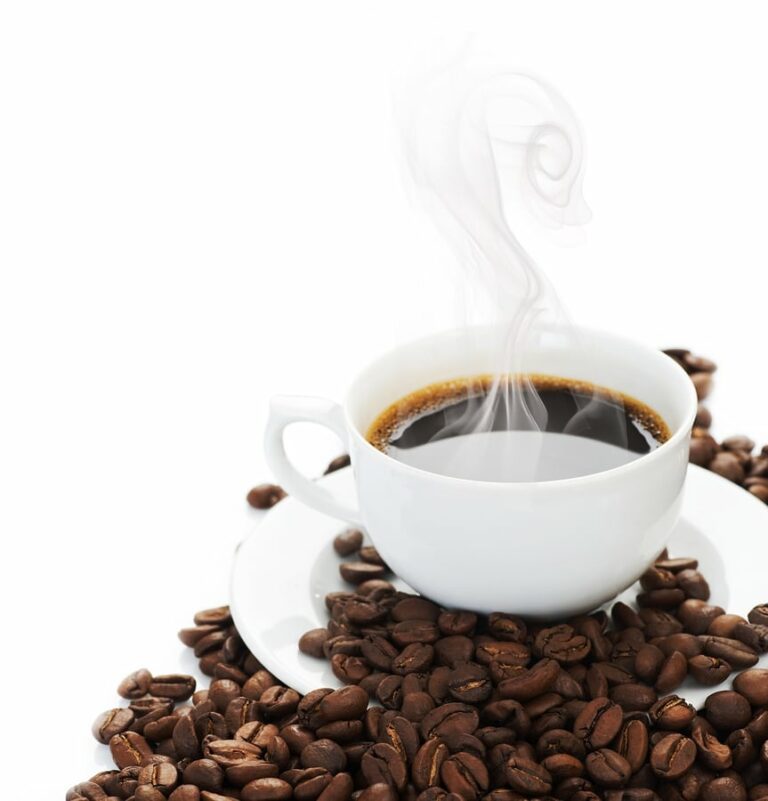If caffeine needs to be regulated in an elderly person’s diet, family members and home care assistants can set up a plan that allows for moderate consumption. Family caregivers are responsible for their aging relative’s health and wellness, including what they eat and drink.
Many seniors enjoy caffeinated beverages as part of their daily routine, but how much caffeine is good for seniors? Before they make a decision, family members need to know what the pros and cons are for caffeine as part of an elderly person’s diet.
What is Caffeine?
Caffeine is a naturally occurring substance that is found in many plants, such as tea leaves, cocoa nuts and coffee beans. It is also added to a number of products, such as sodas. While the drug itself is not bad or good, it all comes down to the amount of caffeine that an elderly person consumes.
Experts recommend that people consume no more than 400 mg per day of caffeine. This is equal to about four cups of coffee. Anything over that can tip the health effects from beneficial to negative. Seniors are especially sensitive to the effects of caffeine, so they should refrain from ingesting too much. Family members that need to restrict their aging relative’s caffeine intake can work with home care assistants and other family members to track how much of the drug they are consuming.
Pros of Caffeine for Seniors
Most people get their caffeine via beverages, such as coffee, tea or soda. Besides the social aspect of drinking these beverages, it’s a fine way for elderly adults to get small doses of caffeine. They can benefit from the extra boost of energy that it provides. Because it affects the nervous system, it can cause seniors to be more alert and focused.
Caffeine has been shown to boost concentration and improve memory and recall. Caffeine can keep an elderly person’s heart rate up, which can improve circulation as well as increase blood flow. Unless there is a medical reason from a doctor, there’s no reason for an elderly person to avoid caffeine taken in moderation.
Cons of Caffeine for Seniors
When seniors exceed the 400 mg per day recommendation of caffeine, the negative effects on the health can have a serious impact. Too much caffeine can make seniors irritable, restless and anxious. It can make their heart rate soar and may even cause headaches and muscle tremors. Some seniors experience nausea, diarrhea and dehydration.
There are some medications that are commonly prescribed for seniors that can have a negative interaction with caffeine. Caffeine can also increase symptoms of certain diseases and conditions like diabetes, irritable bowel syndrome, ulcers, and gastritis.
Family caregivers should follow a doctor’s advice when it comes to caffeine consumption in their aging relative. They can put together a plan for how much their loved one should have, then family members and home care assistants can all monitor intake and make sure the elderly adult gets all the benefits and none of the harm of caffeine.
If you or an aging senior are considering hiring elderly care in Little Elm, TX, please contact the caring staff at Ray of Sunshine today! (940) 442-5374.
At the same time, she and her husband were faced with the care of his father on the west coast which presented the unique challenges of long-distance care. These events led to a crash course in the senior care industry and her unending dedication to helping seniors and families in similar circumstances. When not working Cynthia enjoys cooking, gardening and traveling with a focus on visiting State and National Parks.
- Home Care Supports Activities of Daily Living for Seniors - July 26, 2024
- Meal Tips while Caring for Your Senior with Alzheimer’s - July 10, 2024
- Why Social Interaction and Companionship Are Important for Seniors - June 18, 2024


